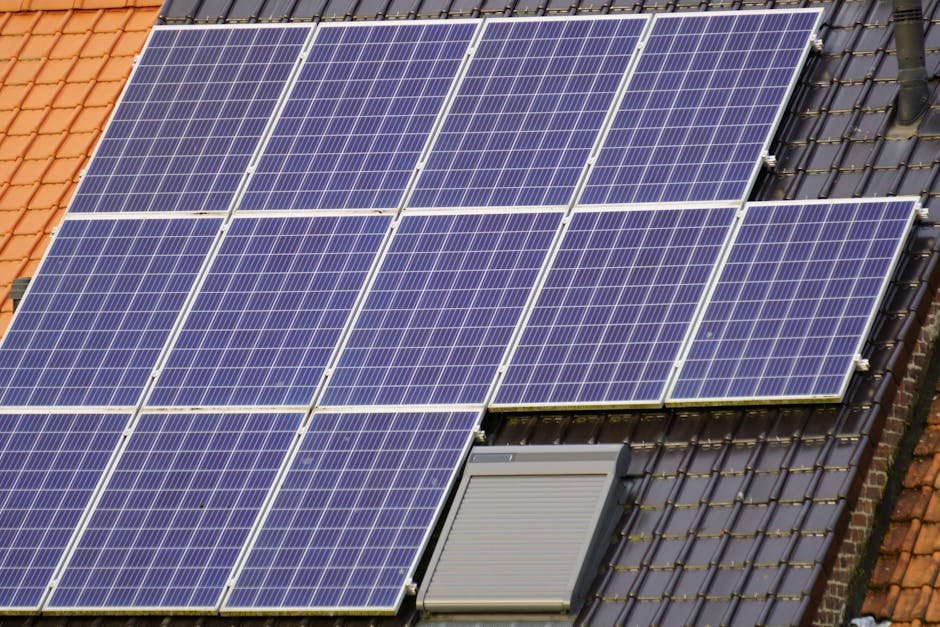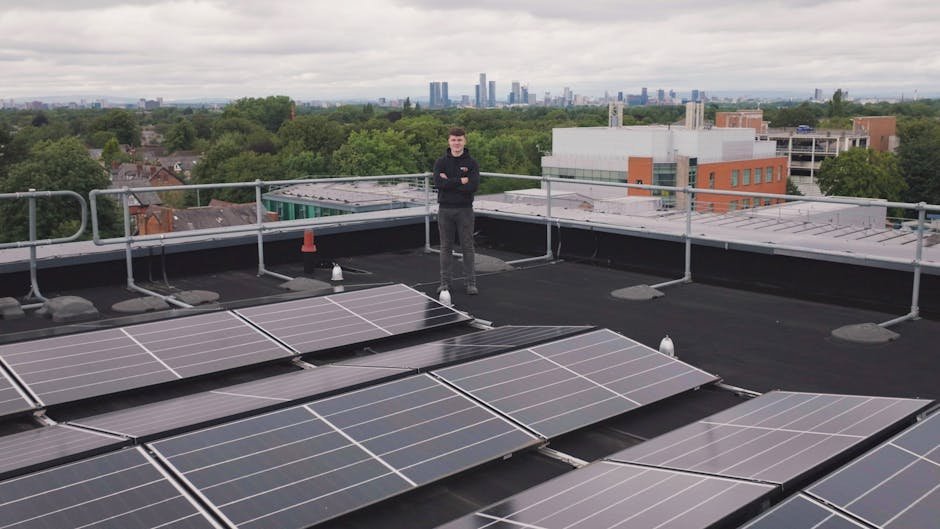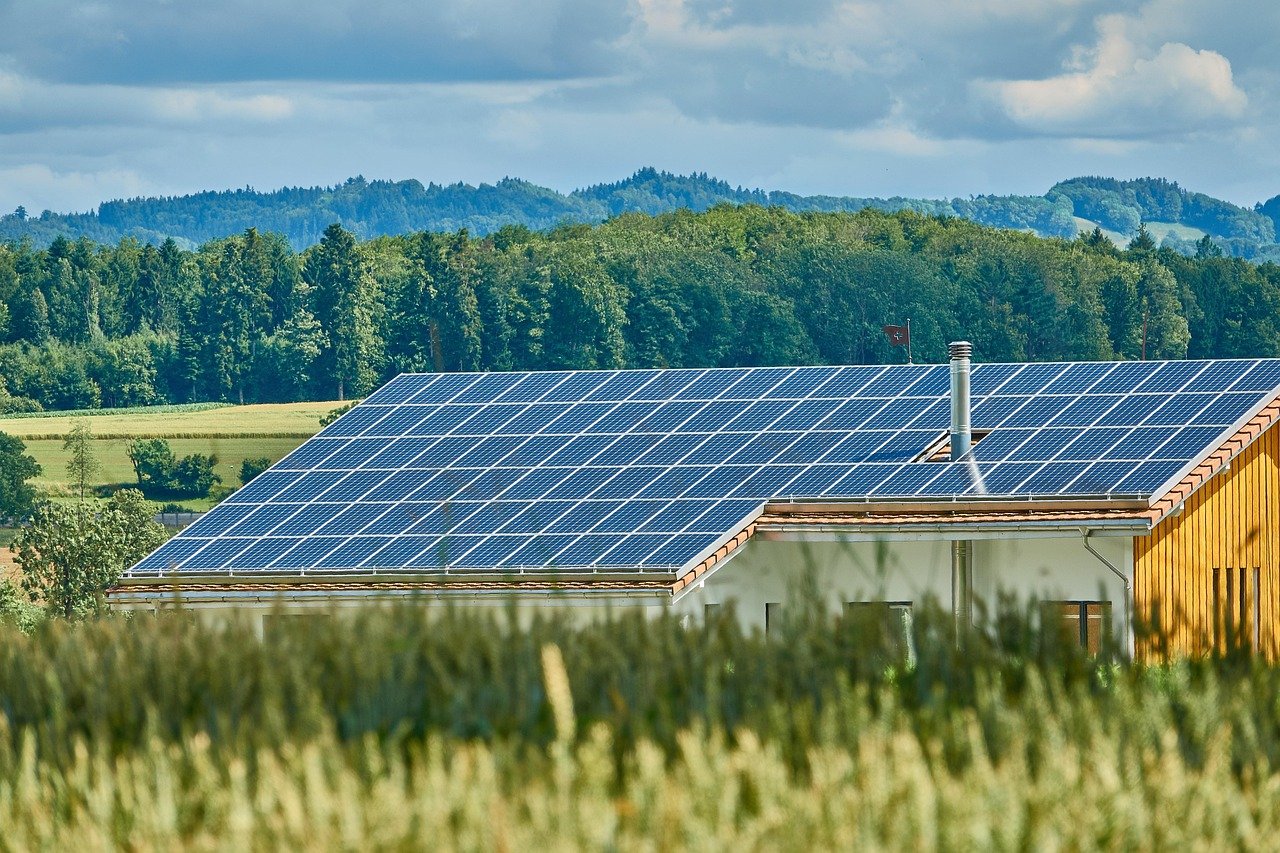As Zambia’s solar energy market accelerates, driven by both necessity and innovation, the demand for affordable and reliable solar equipment has never been greater. One of the most lucrative yet underexplored paths in this sector is starting a solar equipment import business in Zambia.
Whether you’re targeting solar panels, inverters, batteries, or complete kits, this guide provides a step-by-step roadmap to help you legally and profitably import, distribute, and scale your solar equipment business across Zambia.
Why Start a Solar Equipment Import Business in Zambia?
Before diving into logistics and regulations, it’s important to understand why solar imports are a strategic opportunity in Zambia today.
Market Drivers:
-
Load shedding and grid instability are pushing households and businesses toward backup solar power.
-
Off-grid demand is booming — 60%+ of Zambia’s population lacks grid electricity, especially in rural areas.
-
Government and donor-backed projects are expanding access to solar infrastructure.
-
Local production of solar equipment is minimal, making importation necessary.
-
Global prices for solar gear are dropping, improving affordability and margins.
In short, the timing couldn’t be better for starting a solar equipment import business in Zambia.
Step-by-Step Guide to Starting a Solar Equipment Import Business in Zambia
Let’s break down exactly what you need to do — from legal setup and supplier sourcing to customs clearance and sales strategy.
1. Register Your Business with PACRA and ZRA
To operate legally and benefit from tax incentives, your first move is to formally register your business.
Steps:
-
Visit the Patents and Companies Registration Agency (PACRA)
-
Choose a business name and register as a sole trader or limited company
-
Estimated cost: ZMW 166–800 depending on structure
-
-
Apply for a Taxpayer Identification Number (TPIN) at Zambia Revenue Authority (ZRA)
-
Needed for import clearance, bank accounts, and VAT registration
-
Optional but recommended:
-
Register for VAT (important for duty exemptions on solar imports)
-
Register with NHIMA and NAPSA if hiring employees
2. Understand Duty-Free and VAT Exemptions for Solar Equipment
One of the biggest advantages of importing solar gear into Zambia is zero-rated VAT and customs duty exemptions on specific equipment.
What Qualifies:
-
Solar panels (PV modules)
-
Charge controllers
-
Inverters
-
Solar batteries (gel, lithium-ion)
-
Solar lanterns and home kits
-
Solar-powered fridges, pumps, lights
Required Documents:
-
TPIN
-
Commercial invoice
-
Packing list
-
Bill of lading or airway bill
-
Product catalog/spec sheets (sometimes required for classification)
Reference:
-
Statutory Instrument No. 32 of 2019 and ZRA solar tax exemptions list
Tip: Work with a professional clearing agent to avoid misclassification, which may lead to taxes or delays.
You May Also Read:
- 20 Best Small Businesses to Start with Little Capital in Zambia
- Most Profitable Small Businesses to Start in Zambia
3. Source Solar Equipment from Trusted International Suppliers
Choosing the right supplier is critical — it affects product quality, customer trust, and your reputation.
Recommended Supplier Locations:
-
China (low cost, wide variety): Alibaba, Made-in-China, Trina Solar, Jinko, Growatt
-
India (good pricing + quality): Loom Solar, Microtek
-
South Africa (proximity + faster shipping): ARTsolar, Rubicon, Sinetech
-
Europe (high-end): Victron, Fronius, SMA
-
Middle East: Growing supplier base with fast logistics
What to Import:
| Equipment | Suggested MOQ | Use Cases |
|---|---|---|
| Solar panels (100W–550W) | 50+ panels | Residential and commercial setups |
| MPPT charge controllers | 100 units | Higher efficiency systems |
| Inverters (1kVA–5kVA) | 20–50 units | Home backup systems |
| Solar batteries | 20–100 units | Storage solutions |
| Lanterns & bulbs | 500+ | Rural mass market |
4. Choose a Freight and Logistics Method
Shipping solar equipment to Zambia requires planning to ensure safe delivery and low costs.
Options:
| Method | Ideal For | Delivery Time | Cost |
|---|---|---|---|
| Sea Freight | Bulk shipments from Asia | 30–45 days | Lowest per unit |
| Air Freight | Urgent/small shipments | 5–14 days | High |
| Road Freight | From South Africa/regionally | 3–7 days | Moderate |
Ports of Entry: Durban (SA), Beira (Mozambique), or Walvis Bay (Namibia), then road transport to Lusaka, Ndola, or Kitwe.
Clearing Agent: Partner with an experienced Zambian freight forwarder to handle tax-free documentation and port logistics.
5. Build a Strong Distribution and Sales Strategy
Once your solar products arrive, your success depends on how well you sell and distribute.
Channels:
-
Retail Shop — Setup in urban markets (Lusaka, Kitwe, Ndola)
-
Wholesale to installers — Supply solar technicians and construction firms
-
Resellers — Partner with agro-dealers, hardware shops, and general stores
-
Online sales — Facebook Marketplace, WhatsApp, Jumia Zambia
-
Government & NGO tenders — Register as a vendor for solar distribution
Marketing Tips:
-
Use WhatsApp Status and Groups for promotions
-
Offer demos and free delivery in townships
-
Run “Refer & Earn” campaigns to build word-of-mouth
-
Target health centers, schools, and farmers
6. Offer After-Sales Support and Warranty Services
One reason customers hesitate to buy solar is fear of product failure and lack of support.
What to Provide:
-
Product warranties (6–24 months)
-
Replacement or service options
-
Technical support (phone, WhatsApp, or site visits)
-
User guides and setup videos in local languages
Bonus: Partner with a local solar technician for installations and customer visits.
7. Comply with ERB and SIAZ (Optional but Strategic)
While not mandatory for importers, registering with the Energy Regulation Board (ERB) and joining the Solar Industry Association of Zambia (SIAZ) can:
-
Build credibility
-
Help you access large-scale projects
-
Qualify you for donor-funded supply chains
-
Provide training and regulatory updates
Startup Capital Required for Solar Equipment Import Business in Zambia
| Expense Category | Estimated Cost (ZMW) |
|---|---|
| Business registration (PACRA + ZRA) | 500–1,000 |
| Initial Inventory (starter stock) | 30,000–150,000+ |
| Freight & insurance | 5,000–25,000 |
| Clearing & logistics | 3,000–10,000 |
| Marketing & branding | 2,000–5,000 |
| Rent or warehouse (if applicable) | 3,000–10,000/month |
| Total Estimated Budget | ZMW 45,000–200,000+ |
You can start lean by importing small quantities and scaling gradually.
You May Also Like to Read:
- How to Apply for Government Grants for Small Businesses in Zambia
- Top 20 Unique Business Ideas for Rural Areas in Zambia
- Small Scale Manufacturing Business Ideas in Zambia
Challenges in Starting a Solar Equipment Import Business (and How to Solve Them)
| Challenge | Solution |
|---|---|
| Product damage in transit | Use insurance and quality packaging |
| Poor customs classification | Use experienced clearing agents familiar with solar |
| Low consumer trust | Offer warranties and user education |
| Competition from big brands | Focus on customer service, local needs, and pricing |
| Cashflow issues | Offer pre-orders or payment terms to B2B clients |
Pro Tips for Long-Term Success
-
Diversify product range — offer affordable and premium options
-
Build B2B partnerships — supply to schools, farms, and NGOs
-
Train a team — especially in installations and maintenance
-
Monitor solar trends — like lithium batteries or hybrid inverters
-
Apply for CEEC support — as an energy-focused business
Final Thoughts: Powering Zambia, One Shipment at a Time
Starting a solar equipment import business in Zambia is not just a financial opportunity — it’s a mission to deliver energy access, convenience, and economic uplift to communities across the country.
By aligning with government tax exemptions, sourcing high-quality products, and establishing smart sales channels, you can build a high-impact, high-profit solar business that lights up lives and powers the future.








0 Comments